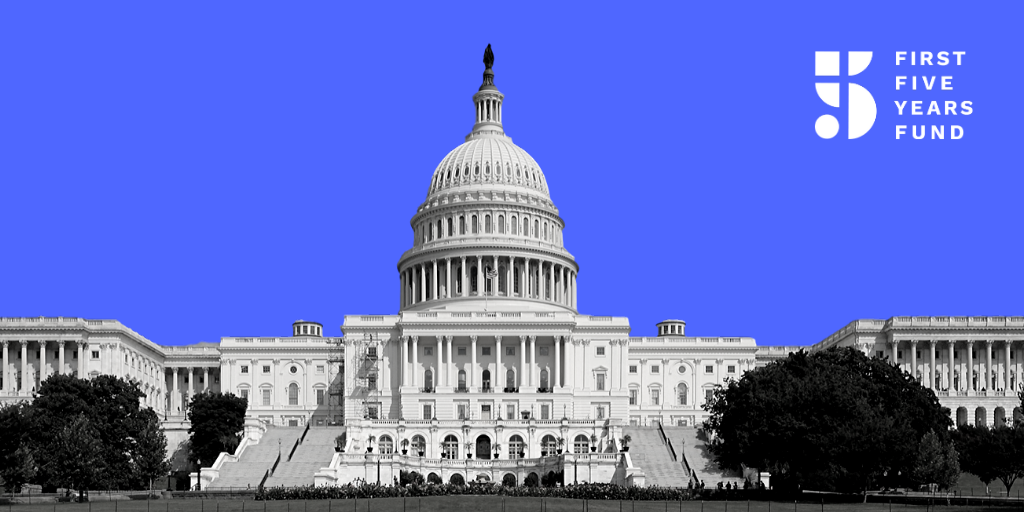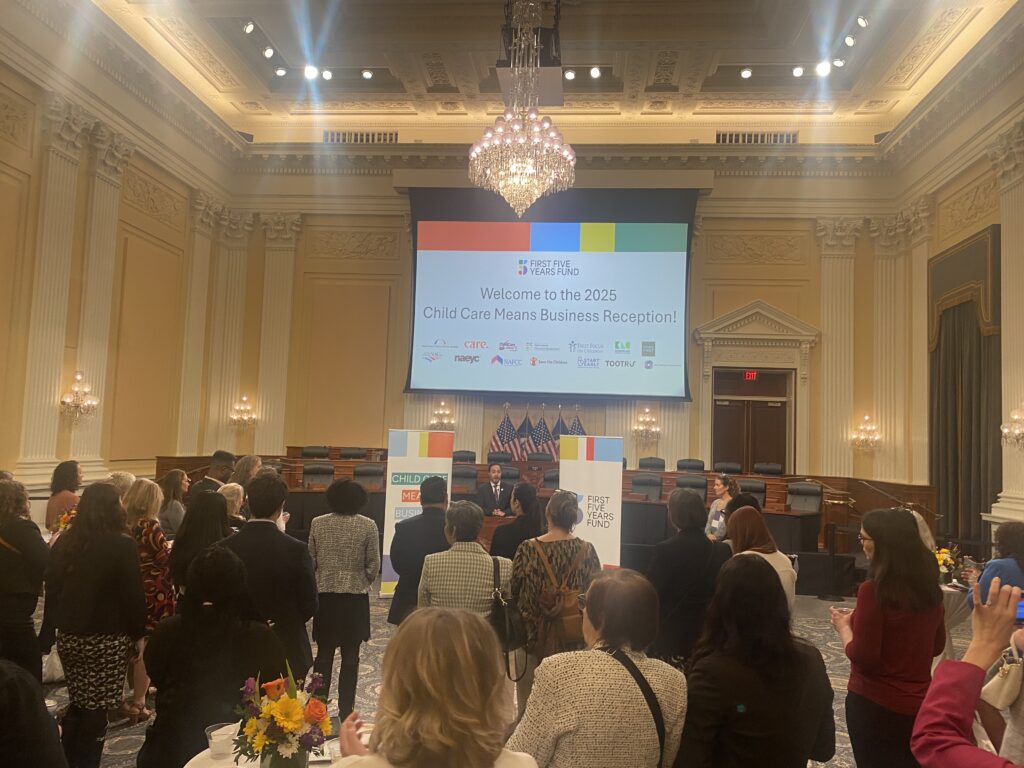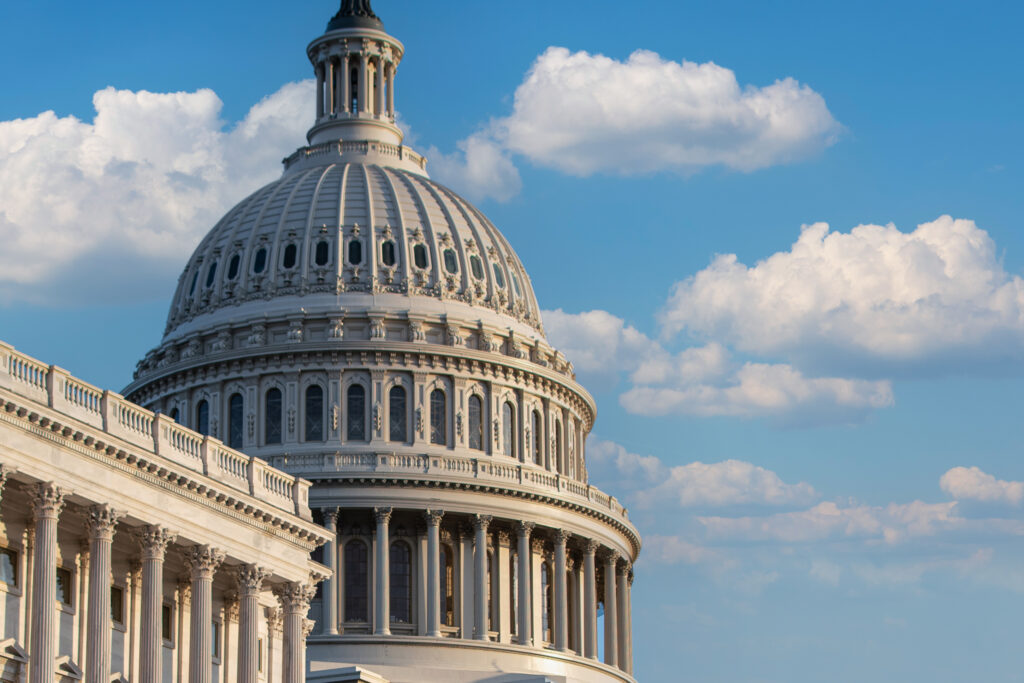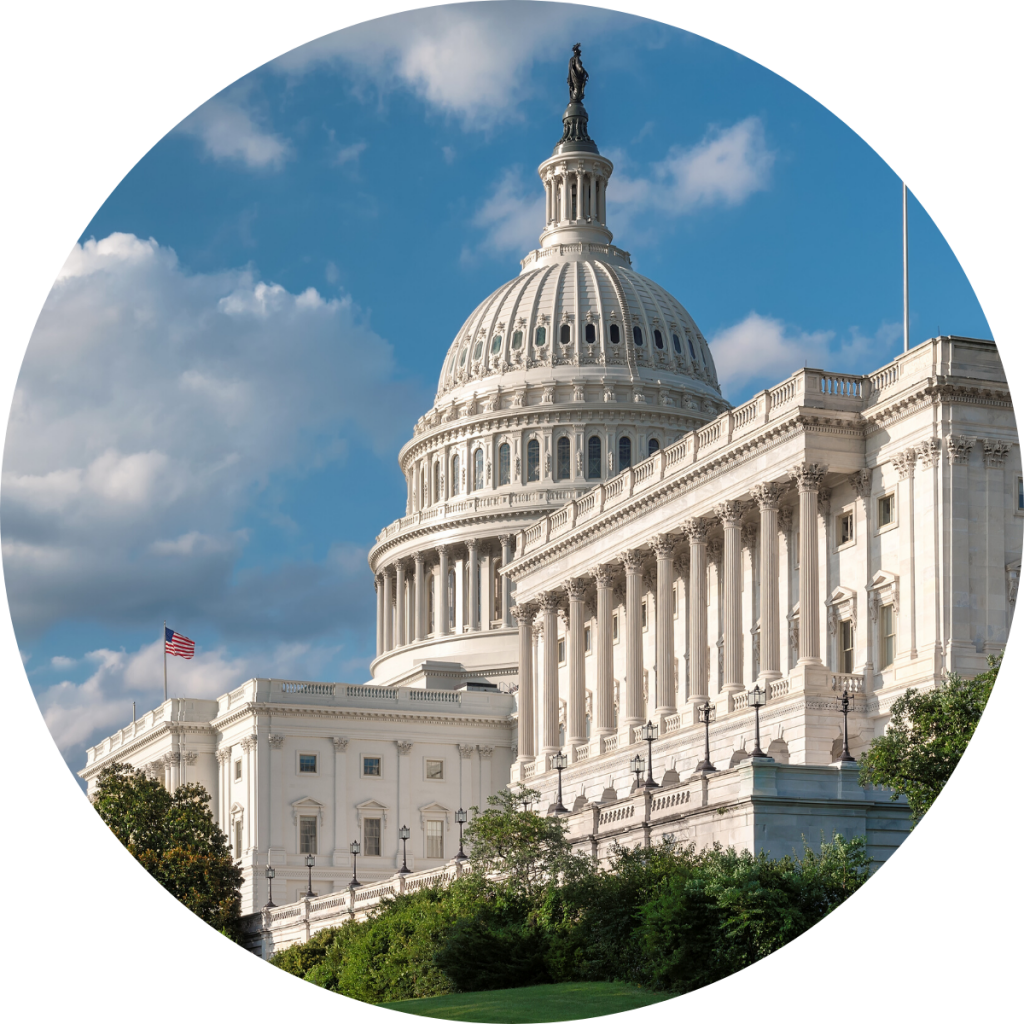House Budget Committee Hearing Highlights the Impact of Investing in Early Childhood

Last week, the House Budget Committee held a hearing to examine the impact of investing in children during their earliest years and long-term benefits of these investments for families and the economy. The hearing, entitled “Examining the Powerful Impact of Investments in Early Childhood for Children, Families, and Our Nation’s Economy,” featured a panel of experts on early childhood health, nutrition, and education. Experts spoke about the importance of investing in children in their earliest years and how strong federal investments result in reduced poverty, improved health outcomes, increased school readiness, and a reduced likelihood of coming into contact with the criminal justice system later in life. The hearing also featured bipartisan agreement from committee members on the need for quality, affordable child care for working families. The Budget Committee also released a corresponding report with more in-depth information about specific federal programs that provide early childhood investments.
Witnesses included:
- Dr. Hilary Hoynes, Professor of Economics and Public Policy and the Haas Distinguished Chair in Economic Disparities at the University of California Berkeley
- Dr. Maureen Black, Distinguished Fellow in Early Childhood Development, RTI International, and Professor, Department of Pediatrics, University of Maryland School of Medicine
- Rasheed A. Malik, Director, Early Childhood Policy at the Center for American Progress
- The Hon. Newt Gingrich, Former Speaker of the U.S. House of Representatives
In his opening statement, House Budget Committee Chairman John Yarmuth (D-KY) discussed the need for greater investments in children, noting that as the wealthiest nation in the world, the U.S. does not provide sufficient federal investments in comparison to our peers. Chairman Yarmuth continued to highlight the challenges that many families face in accessing child care, noting that “access to child care clearly can have long-lasting positive impacts, but it remains far too expensive for far too many American families. In fact, the cost of child care has doubled in the past thirty years while real wages have remained nearly flat. This puts many parents in the position of having to stay at home to care for their children when they would prefer to be working and building a stronger economic future for their families.” He emphasized that while the American Rescue Plan Act (ARPA) provided some assistance, a continued robust investment remains critical, adding that “supporting our youngest Americans is one of the most concrete ways we can set our nation up for success. We call these programs investments because they pay off — literally — for children, for their families, for our society, and for our economy.”
Witnesses shared a wide variety of insights on the importance of child health and nutrition and early care and education. Mr. Malik reiterated Chairman Yarmuth’s sentiments, noting that the U.S. invests a smaller % of our GDP in child care and early education than nearly every other developed country in the world, and as a result the cost of child care is unaffordable for many families across the country. He also discussed the financial challenges many providers face, sharing that “1 in 10 early educators have still not returned to the field [since the onset of the COVID-19 pandemic]. Turnover is at an all-time high. The numbers don’t work for child care providers – they can’t pay teachers any less and they can’t charge parents any more. The funding gap is begging for a public investment so supply can meet demand.”
During the question and answer portion of the hearing, Rep. Bobby Scott (D-VA) asked witnesses to speak about the ways in which investments in early childhood have cost reduction benefits that extend to multiple agencies and social programs. Mr. Malik responded that there are wide educational and health benefits that are derived from investments in early childhood education and child care, many of which “have compounding benefits through the economy in the near term – parents can work, further their education – and long-term benefits like having less contact with the criminal justice system.”
Rep. Steven Horsford (D-NV) emphasized that quality, affordable child care is an essential need for women and families. He shared that the adult-to-child ratio in Nevada preschools was 1 to 15 in 2020, and that many communities in his state have no licensed providers and are child care deserts. Mr. Malik agreed that child care deserts are “ubiquitous throughout the U.S.,” noting that “lower-income communities are undersupplied in the variety of child care options that we want to see, and we want [families] to have lots of choices to meet their needs.” He added that many Americans view child care as a public good, and so a public investment is necessary to create a robust system that will serve families and the economy.
Rep. Randy Feenstra (R-IA) spoke about the challenges that families in Iowa face around the need for affordable and accessible child care. He shared that parents in Iowa struggle to find a place to care for their children, and many parents “don’t have the dollars to pay for child care.” He also discussed the impact on Iowa’s local economy, noting that “we desperately need workers in Iowa, but what’s happening is we have a parent staying at home because they can’t afford child care. So they have to make a decision… they’re sitting around the kitchen table trying to figure out how they’re going to make ends meet and pay for child care.” He reiterated that families are struggling with the high cost of their living expenses, and the cost of child care is no exception.
More information on the hearing can be found here.
Subscribe to FFYF First Look
Every morning, FFYF reports on the latest child care & early learning news from across the country. Subscribe and take 5 minutes to know what's happening in early childhood education.



